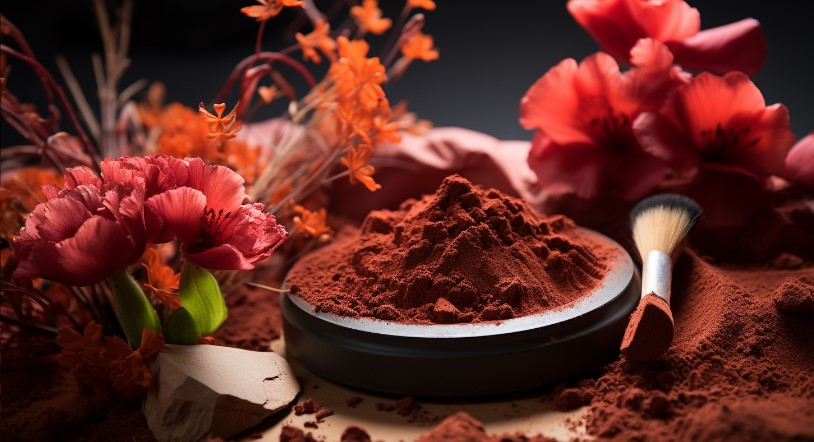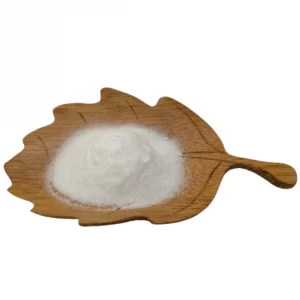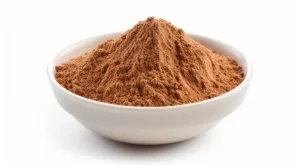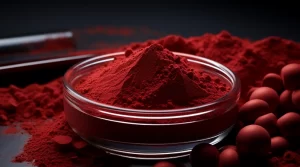The effect of astaxanthin

As the pace of life becomes faster, the demand for high-quality health goods is also increasing!
Astaxanthin as the human so far found the “strongest antioxidant”, in recent years, whether in the health industry or skin care industry is a hot star!
However, everything has two sides, the indiscriminate use of astaxanthin may also cause skin yellow, dark skin and other problems, so the sisters have to be careful to use it!
However, in general, as long as the right method is mastered, astaxanthin is still more good than bad, let’s take a look at it
What is astaxanthin
Astaxanthin is widely found in nature, especially in the feathers of aquatic animals, such as shrimp, crabs, fish and birds, plays a role in color, algae, yeast and bacteria can also produce astaxanthin.
Astaxanthin is the “most powerful antioxidant” ever discovered.
In 1938, Richard Kuhn, an Austrian biochemist who won the Nobel Prize in chemistry, and others discovered astaxanthin in lobsters.
The “asta” for astaxanthin is named after the lobster genus Astacus.
Astaxanthin has been used as a food additive for food coloring, preservation and nutrition. Since 2008, a large number of studies in China have confirmed that astaxanthin has strong antioxidant activity, and plays a positive role in improving immunity, preventing tumor, cardiovascular disease, delaying aging and so on.
In modern society, when the human body is stimulated by sunlight, dirty air, radiation, makeup and oil smoke, it will continuously produce a large number of free radicals, which will destroy the structure of skin cells, and in the long run, skin collagen loss, and then lack of elasticity, dark and loose, long wrinkles.
Astaxanthin has its unique molecular structure, and its absorption peak is about 470nm, which is similar to the UVA wavelength (380-420nm), so a trace amount of astaxanthin can absorb a large amount of UVA, like a perfect and unique natural sunscreen on Earth.
Highest natural source of astaxanthin: Rhodococcus pluvialis
Rhodococcus pluvialis: Known as “healthy soft gold”, it is one of the oldest microalgae in nature.
The content of astaxanthin in Rhodiocera vulgaris is as high as 1.5%~3%. Astaxanthin can significantly reduce the damage of ROS and NMP on dermis, collagen and elastin, and ensure the normal metabolism of skin.
The efficacy of astaxanthin
Astaxanthin is an antioxidant
Astaxanthin can remove free radicals in cells, enhance cell regeneration, maintain the balance of the body, and effectively delay aging.
Astaxanthin whitening
Astaxanthin can inhibit the production of melanin, remove excessive accumulation of melanin in the body, adhere to the use of can improve skin dullness, so as to achieve the effect of brightening skin tone.
Astaxanthin sunscreen
Astaxanthin has light absorption, can absorb a large amount of UVA, reduce and reduce ultraviolet sun damage to the skin, prevent skin photoaging.
Astaxanthin is anti-wrinkle
Astaxanthin can reduce the damage of free radicals to elastin and collagen, maintain skin elasticity and prevent wrinkles.
Astaxanthin suitable population
Astaxanthin is suitable for a variety of skin types, including: acne and sensitive skin after the repair phase of the skin is also suitable for astaxanthin products.
Astaxanthin Manufacturer /Astaxanthin Manufacturers/Astaxanthin powder Supplier /Astaxanthin Suppliers/Astaxanthin Factory:
Phone: +86 (029) 8187 2325
Email: [email protected]
() ()


